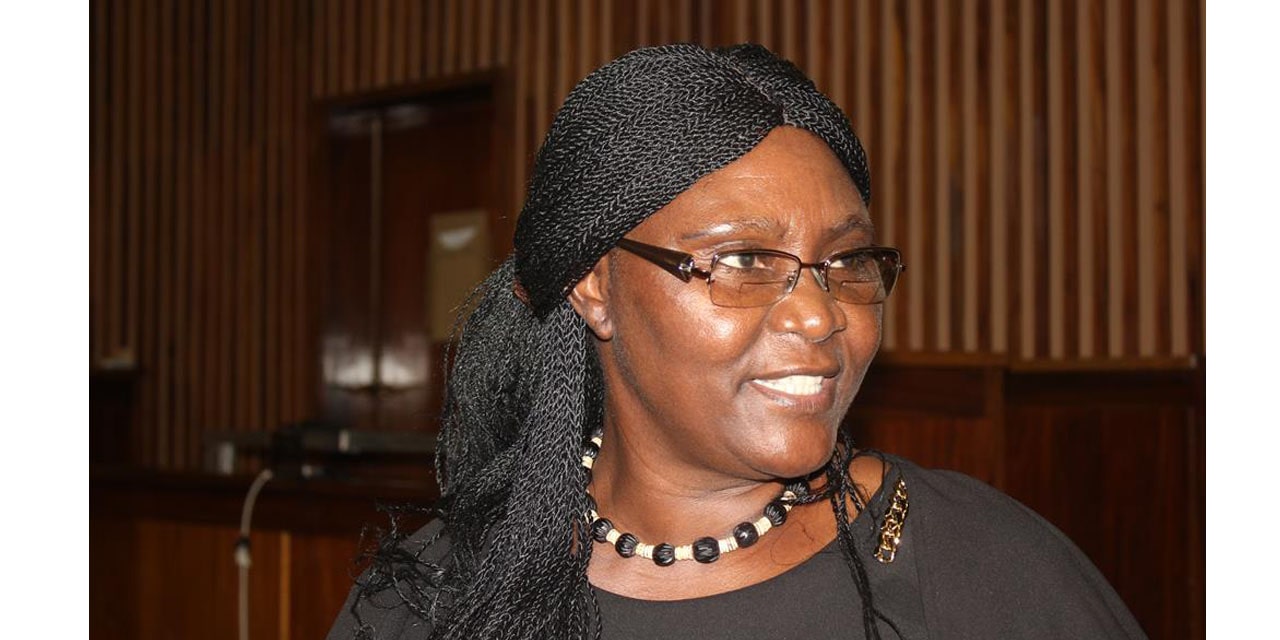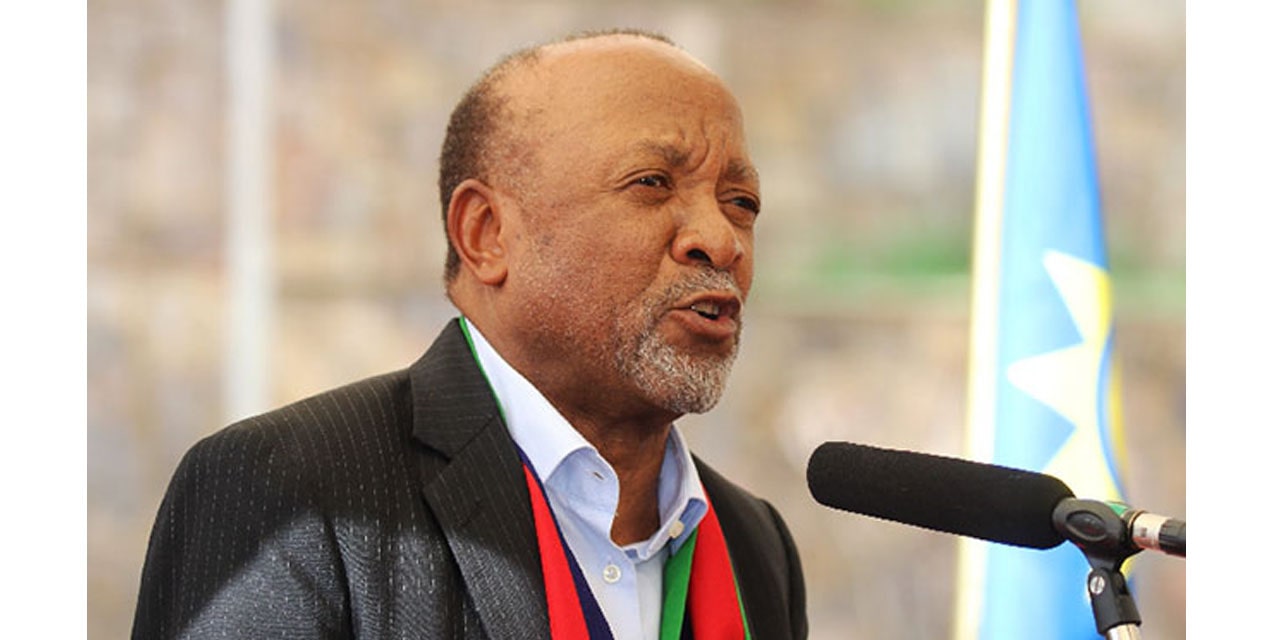Niël Terblanché
An investigation by various international bodies launched into the use of slavery or trafficked humans to serve as fishermen in Namibian waters will eventually result in criminal charges against the Namibian registered owners of two fishing vessels.
The 60 fishermen were rescued in September 2022 after officers of the Fisheries Observer Agency, the Namibian Police and immigration officers got involved.
Although the incident caused huge embarrassment for Namibian authorities because the country is a signatory to various programs to end human trafficking, the government has promised to assist international bodies in their investigation into the allegation of modern slavery.
The victims who were treated as slaves spent almost five years trapped on two fishing vessels that were at anchor in the bay off the coast of Walvis Bay. During that time, several calls for help were made to the community of the harbour town to assist the men on board the vessels with food and other necessities after they were abandoned by the owners of the vessels.
The Prosecutor General of Namibia, Martha Imalwa, said that the investigation into the matter will definitely take a long time.
“This is a complex matter that needs to be thoroughly investigated and that would mean that information and results of local investigations will have to be sent abroad while the results of investigations carried out abroad will have to be shared with local investigators in order to serve justice to the victims,” she said.
The international investigation is driven by the Department of Migrant Workers of the Philippines because 35 of the 60 rescued crewmen are Filipino. Two others are Taiwanese.
All of the fishermen were recruited overseas by Trioceanic Manning and Shipping Incorporated and Diamond H Marine Services and Shipping Agency.
Both companies have appeared before Filipino authorities and have since paid the back wages of the rescued crew members.
The principals of the vessels that were anchored in Namibia are Shang Chi Enterprise Ltd., One Marine Services Inc. and Arrow Marine Pty, Ltd. Once they are found guilty of trafficking human beings, the vessels will not be allowed to recruit Filipino fishermen again.
However, none of the authorities dealing with human trafficking investigations in Namibia or the Philippines revealed what other punitive measures would be taken against the guilty vessel principals.
Although the trafficked fishermen were rescued in September last year, their processing and repatriation to the countries of their origin took quite some time. They were housed at the National Youth Service facilities in Henties Bay while their processing was being completed.
According to the Prosecutor General, the processing took quite a while and only after the trafficked fishermen were back in their countries of origin could an investigation be launched.
“We are dealing with traumatized human beings here which makes the matter even more complex,” Imalwa said.
She added that the Office of the Prosecutor General and all other stakeholders are working hard to conclude the investigations and conclude the matter to ensure that nothing similar ever occurs in Namibia.
The Department of Migrant Workers (DMW) of the Philippines announced recently that it had endorsed the Department of Justice and the Inter-Agency Council Against Trafficking (IACAT) to investigate how 35 of their nationals ended up being trafficked.
Investigations have so far revealed that 26 of the Filipino fishermen were told that they will be working in Taiwan but ended up in Namibia where they had to work 36-hour shifts with very little food or sleep.
Based on the testimonies of the newly repatriated fishermen, their passports and seamen’s books were confiscated by the masters of the two vessels. The confiscation is a blatant violation of their rights.
During the rescue mission last year, 60 crew members of which 35 were Filipino, two Taiwanese, two Chinese, three Indonesians, two Vietnamese, four Mozambicans, four Angolans and eight Namibians were found on board the vessels.
Further investigations revealed that the crew was mistreated and forced to work while sick.
The vessels also did not have medical supplies or officers and blankets aboard and upon later questioning some of the crew members stated that they were never allowed to leave the fishing vessels since 2018.




